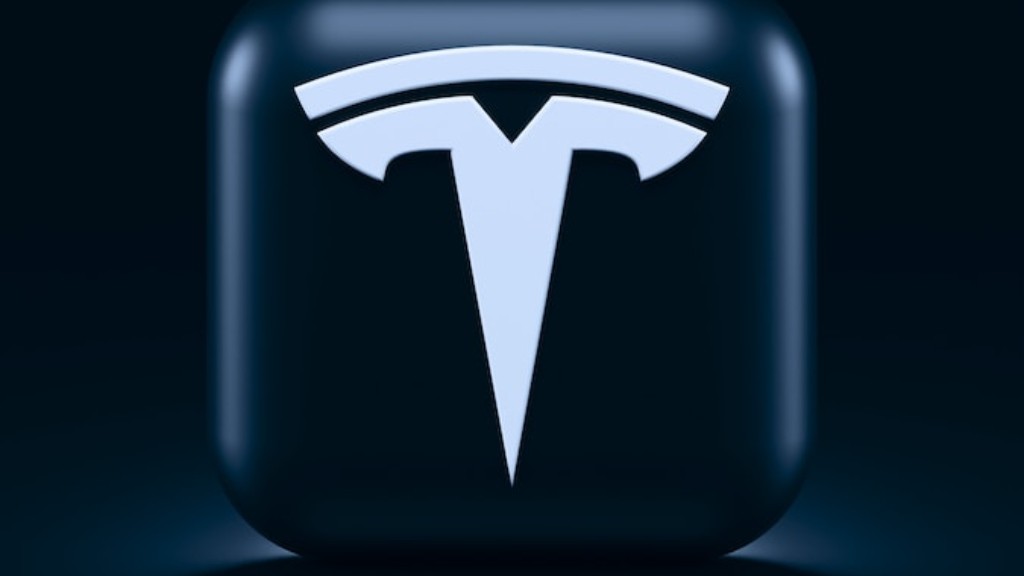Elon Musk’s Stance on Artificial Intelligence
When it comes to Elon Musk’s feelings about artificial intelligence (AI), it’s a bit of a mixed bag. On the one hand, he is an ardent supporter of technological progress and has been pioneering the development of AI for use in his various endeavors, such as Tesla and SpaceX. However, he has been outspoken about the potential dangers of AI and has raised concerns about its applications. In this article, we’ll delve into Elon Musk’s views on AI and explore the potential risks and rewards of this groundbreaking technology.
We can start by examining some of Musk’s own comments on the topic. In 2014, at the Massachusetts Institute of Technology Conference, Musk expressed his fear of AI. He called it “our biggest existential threat” and that “we need to be super careful with AI”. He continued to elaborate on this in subsequent speeches, stating that while AI has tremendous potential, it also poses serious risks. In 2017, he expressed his belief that “Robots will be able to do everything better than us”, adding that artificial superintelligence is potentially “more dangerous than nukes”.
Musk also took an active role in the fight against malicious AI. He launched the non-profit organization OpenAI in 2015 in order to encourage the responsible development of AI for the benefit of mankind. OpenAI works to ensure that advanced AI technologies are used for good rather than evil and to ensure that AI technologies are available to the public in a safe and responsible way.
Musk has gone beyond just raising awareness about the potential risks of AI to actually funding research into the area. His investments have been put towards creating AI that can be used for positive purposes, such as detecting cancer in medical images and understanding natural language. As a proponent for responsible AI, Elon Musk has been a major figure in shaping the debate around how to develop AI in a safe and ethical way.
The Impact of AI
AI has the potential to revolutionize many areas of our lives, from healthcare to transportation. The implications are far reaching and the potential for positive change is immense. For example, AI can assist healthcare providers in diagnosing diseases more quickly and accurately, leading to improved patient outcomes. It can help automate the manufacturing process, resulting in greater efficiency and cost savings. AI can also be used to help autonomous vehicles drive safely and efficiently, reducing the number of motor vehicle accidents.
At the same time, there is potential for AI to be misused and abused. AI technologies can be used to manipulate public opinion and even spread misinformation. AI-driven facial recognition systems have been used to enable governments to infringe on civil liberties by monitoring citizens without their consent. Robotics and AI could even lead to the displacement of whole industries, leading to an increase in unemployment and other significant economic consequences.
The Future of AI
The long-term future of AI is uncertain, but it is clear that it will continue to evolve and have an impact on our lives. It is up to us to ensure that the potential benefits of AI are realized, while mitigating the potential risks. Prevention of misuse of AI technologies must be a priority.
Governments, companies and research institutions must pursue measures to ensure the development of AI is monitored and kept in check. This could involve the development of ethical guidelines for the use of AI, oversight by regulatory bodies and more stringent checks and balances. At the same time, the public should be educated about the potential benefits and risks of AI and its possible applications.
Ethical Considerations
One of the key ethical considerations in the development of AI is the potential for AI technologies to be used to exploit, surveil or manipulate people. AI could be used to target vulnerable populations or individuals on the basis of their race or beliefs. It is important that we create systems that empower people rather than restrict them, and this requires careful consideration of how the technology is used, how it is regulated and the potential implications of its use.
Furthermore, AI technologies pose serious ethical questions around the issue of responsibility. If machines are empowered to make decisions or take actions, who is responsible if something goes wrong? Companies and researchers must be held accountable and held to a high standard of ethical behaviour in order to ensure no one is put at risk by their actions.
The Role of Governance
To protect the public from potential misuse of AI, governments must take the lead in developing policies for regulating the use of AI technologies. This means instituting frameworks that ensure AI is used responsibly and ethically, with appropriate oversight. Governments must also ensure adequate resources are devoted to protecting citizens from the potential risks posed by AI.
The European Union has already taken the lead on this front, setting out a plan for “ethical AI” and investing in a European AI Centre. It’s essential that other countries follow suit and take similar steps to protect the public.
Regulation of AI
To ensure AI technologies are developed and used responsibly and ethically, governments must increase regulation of the sector. This could involve instituting tougher penalties for misuse of AI, introducing safeguards to protect citizens from potential harms and requiring companies to follow ethical guidelines when using AI.
Such measures can help to protect citizens and businesses from potential exploitation or misuse of AI technologies. At the same time, regulations must be carefully crafted to ensure they do not stifle innovation or prevent the development of beneficial AI technologies.
Conclusion
Though Elon Musk is a strong believer in the potential of AI, he is also a staunch advocate for its responsible development and use. He has made significant efforts in raising awareness about the potential risks posed by AI, funding research and promoting ethical use of the technology. As AI continues to evolve and have a greater impact on our lives, it is essential that we ensure responsible development of this transformative technology.

